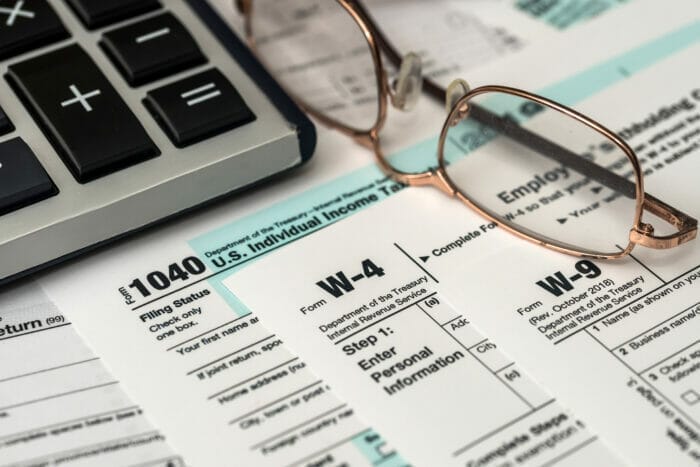
The Myth
A long-held belief of those opposed to immigration reform is that undocumented immigrants are a drain on resources in the U.S. and do not contribute to the country’s economy overall. This belief, upon further investigation, turns out to be little more than myth. In 2013, the Institute on Taxation and Economic Policy published a report finding that, in 2010, undocumented immigrants living in California paid $2.2 billion in taxes and, at the national level, $10.6 billion. The Congressional Budget Office published a related report on the budgetary effects of a 2013 bill which would have resulted in an increase of 10.4 million immigrants in the U.S. Such an increase, the report concluded, would have led to $459 billion in added federal revenues. The source of those revenues? More people paying income and payroll taxes.
But how can undocumented immigrants pay taxes? And if they can pay taxes, can they open a bank account? The short answer to both these questions is yes. Below, we’ll briefly discuss how and why that is the case.
The Path Toward Paying Taxes
To become a tax paying resident, undocumented immigrants may first apply for an ITIN (Individual Taxpayer Identification Number), which can be used in place of a social security number. To successfully obtain such a number, the resident can (as of 2013) provide original (or certified) documentation proving identity and foreign status. Acceptable documents include:
- Passport (this may be used as a stand-alone document)
- U.S. Citizenship and Immigration Services (USCIS) Photo ID
- Foreign Military ID
- Civil birth certificate
Note that notarized photocopies of documents are not permissible, but copies certified by the originating agency are acceptable.
The Benefits of Paying Taxes
Having an ITIN and paying taxes can lead to a number of benefits, such as:
- Being able to prove income when applying for financial aid or governmental assistance for U.S. born dependents
- Building a credit history
- Illustrating “good moral character” in the eyes of USCIS
- Obtaining loans to start a business or purchase a property
Becoming a tax-paying resident in the U.S. can go a long way toward accruing assets and building savings.
The Possibility of Opening a Bank Account
One of the ultimate benefits of having an ITIN is being able to open a bank account. While not every bank accepts an ITIN, certain major institutions, such as Chase and Bank of America, do. They may also require other forms of identification. These financial institutions may require the following kinds of documents:
- An official form of identification (such as a passport, driver’s license, or Matricula Consular card)
- Proof of address (such as pay stubs or letters with the applicant’s address)
- An initial deposit (either in the form of cash, debit or electronic transfer)
With a bank account, undocumented immigrants can reap the benefits of writing checks, making online purchases, building credit, and paying taxes with greater ease. In brief, being more financially integrated into the U.S. banking system can make life easier and lay the groundwork for obtaining immigrant status.